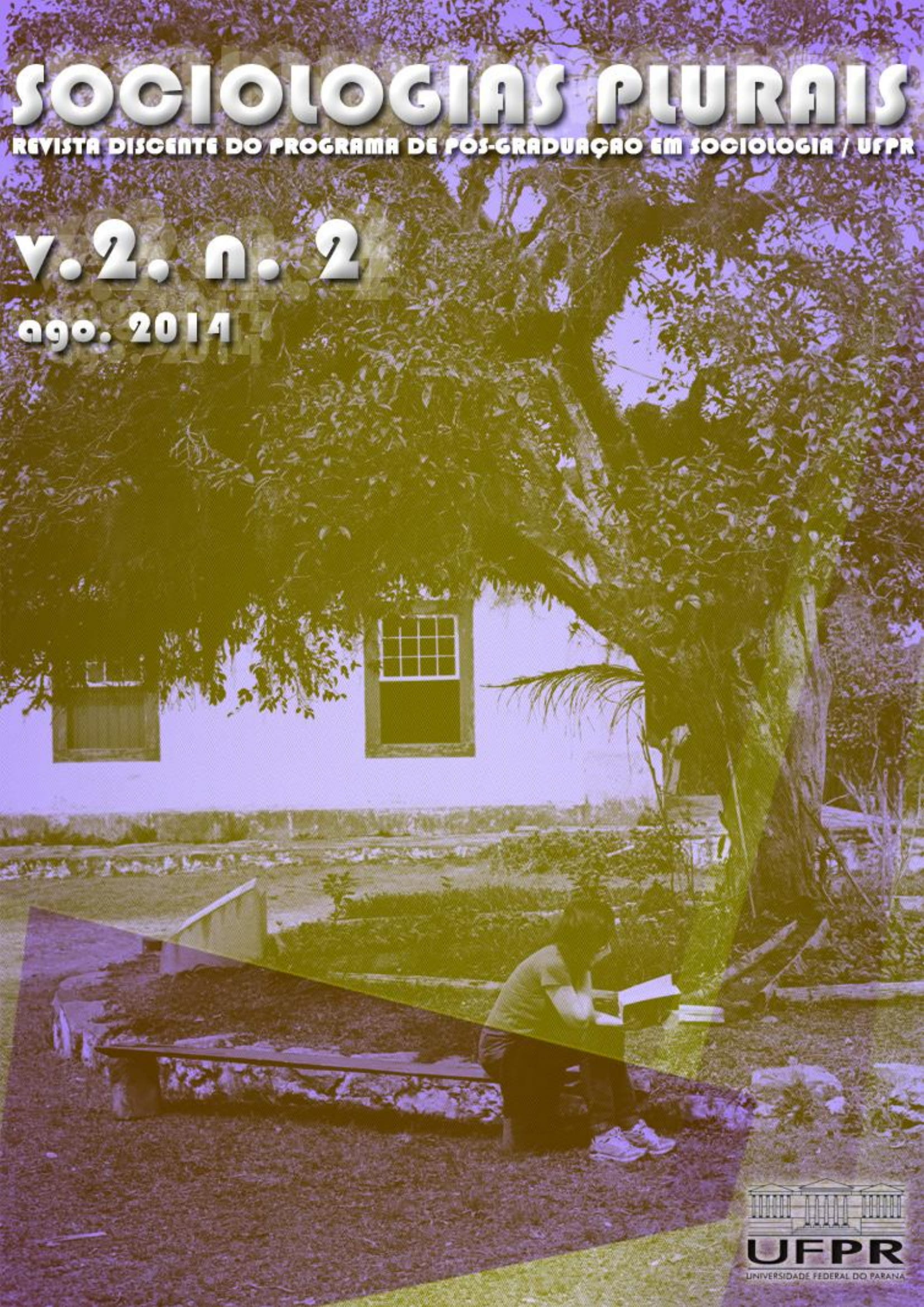POLICY OPPORTUNITY STRUCTURE IN THE STIMULUS ASSOCIATIVISM
DOI:
https://doi.org/10.5380/sclplr.v2i2.64709Keywords:
Political culture, Social capital, Political opportunity structureAbstract
The objective of this paper is to present the genesis of the social capital concept and its evolution through the twentieth century. From a bibliographical research, this study investigates some authors and works that over time presented conceptions about what is social capital. For the development of this research, we started with the proposition that the concept had certain notoriety in the 1990s and then went through a debasement. The results suggest that social capital is a concept that cannot be simplified because, in addition to expressing some form of civil society organization, was also the subject of appreciation by authors from diverse theoretical perspectives. The most recent studies on the subject seem to indicate criticism to the theory of social capital by Robert Putnam in that there is a reconsideration of the role of the state in promoting associativism.
Downloads
Published
How to Cite
Issue
Section
License
Attribution-Non Commercial 4.0 International (CC BY-NC 4.0)
You are free to:
Share— copy and redistribute the material in any medium or format and
Adapt— remix, transform, and build upon the material.
Under the following terms:
Attribution — You must give appropriate credit, provide a link to the license, and indicate if changes were made. You may do so in any reasonable manner, but not in any way that suggests the licensor endorses you or your use.
Non Commercial — You may not use the material for commercial purposes.
No additional restrictions — You may not apply legal terms or technological measures that legally restrict others from doing anything the license permits.









